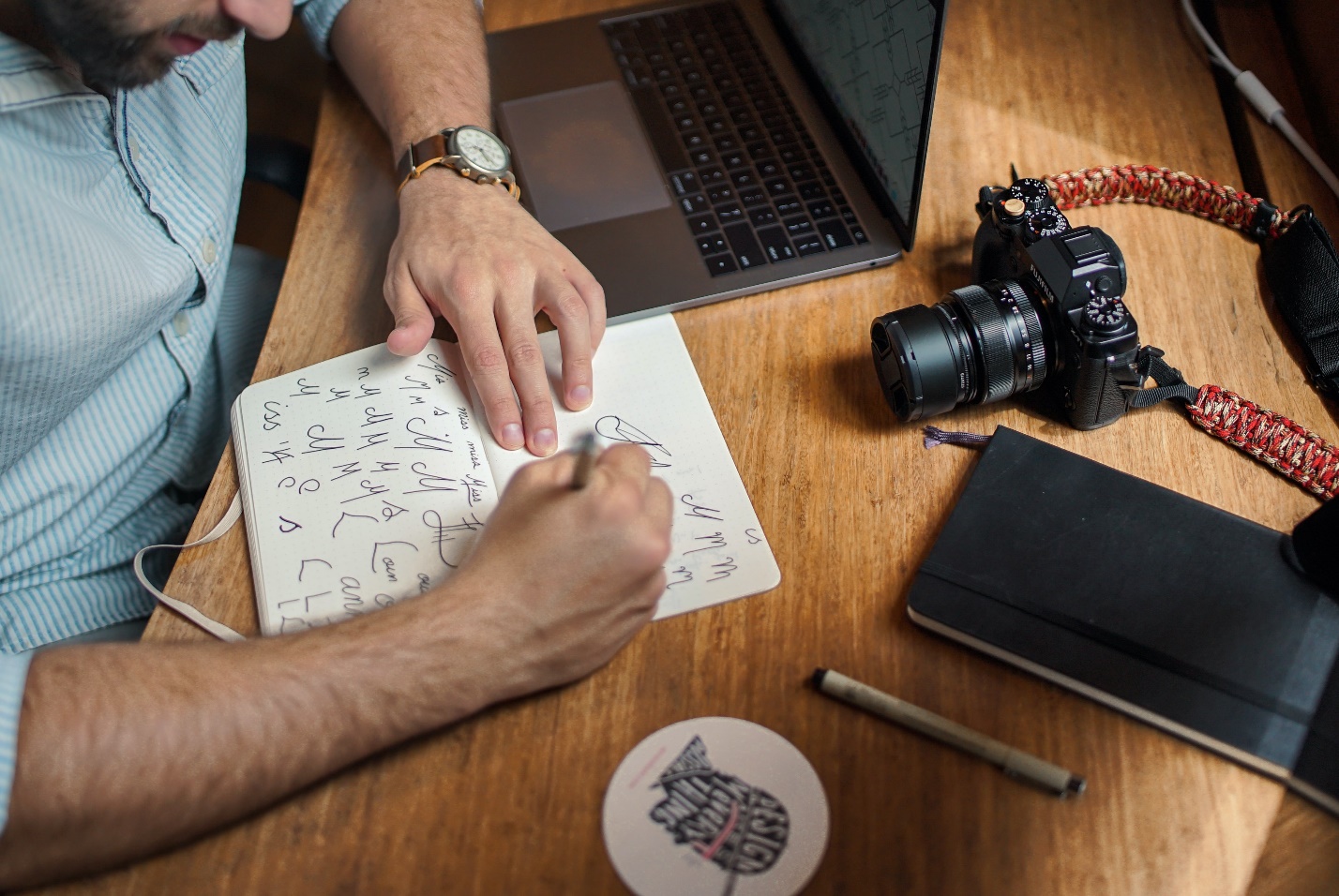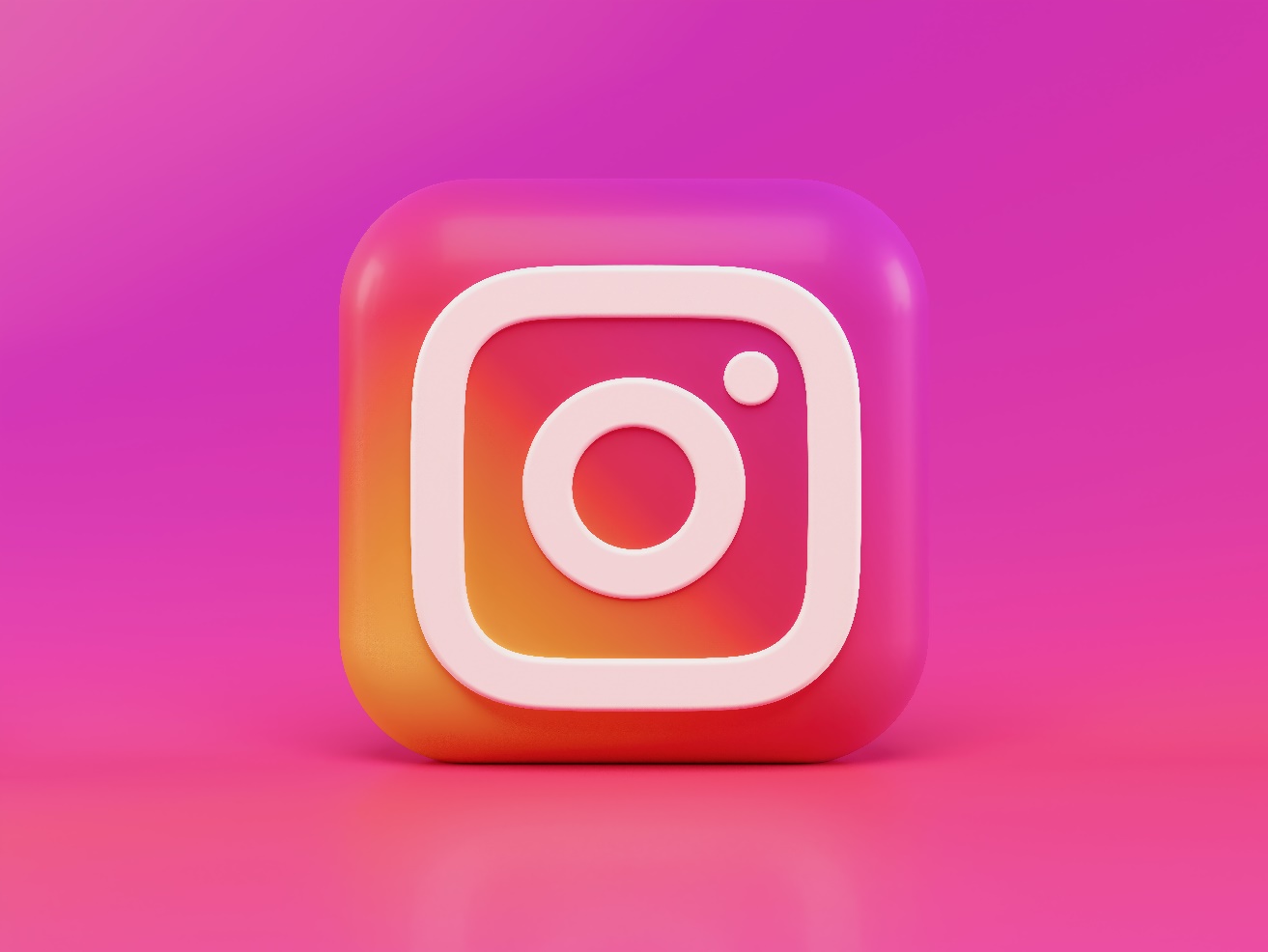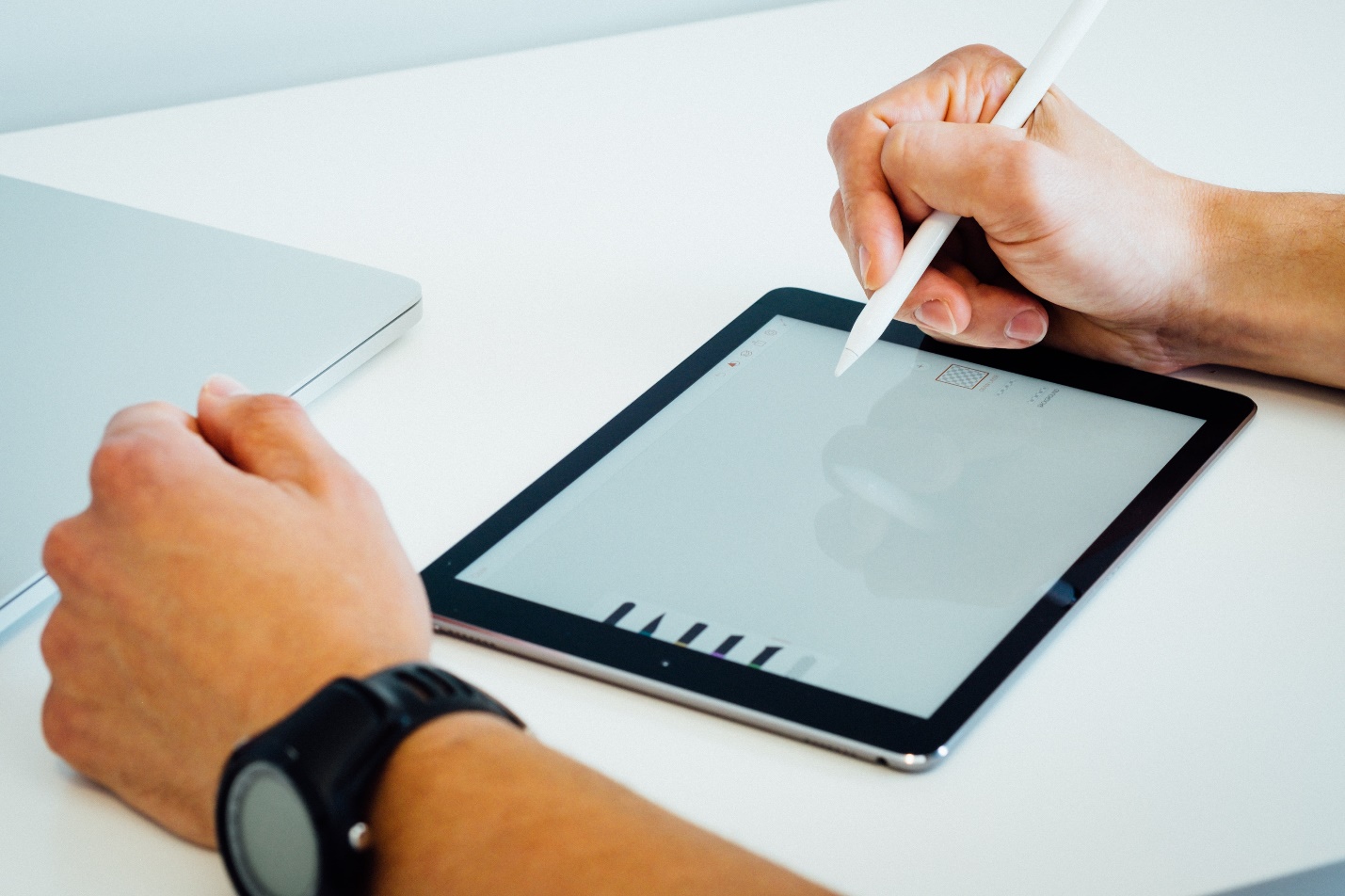If you recall the logos for the most popular brands out there like Apple, Nike, Audi, etc., they don’t have their brand names integrated in it. Yet, almost everyone recognizes the name each of these represent. This is the power of brand logos. They help you develop such a strong brand identity over time that you benefit from a quick brand recall among existing and potential customers.
However, only a handful of brands enjoy this level of global recognition. For the rest, world domination is not good enough. If this sounds like you, your business might be in its growing phase. You need a brand logo that accelerates the process of building brand awareness and establishing your brand personality into the minds of your target audience.
To help you out, we’ve compiled a comprehensive guide to designing a logo for your website. Let’s begin with why it’s important to Design a brand logo?
Why It’s Important to Design a Brand Logo?
Captures Attention and Makes a Strong First Impression
We live in a world where people are drawn to vibrant colors and designs. A well-designed logo that’s strategically positioned on your website helps grab attention and draw in the interest of your potential customers, prompting them to explore your site more, and hopefully place an order at some point in the future.
When it comes to capturing visitors’ attention, it’s also critical to know that attention spans are pretty short these days. Given the fierce competition in the online business landscape, businesses have not more a few seconds to convince viewers that their website and products or services are worth any consideration. Incorporating a great logo on your site makes an interesting way to communicate the ideas that appeal to your audience.
Also, you typically have a single chance to impress the online audiences. Your brand logo can make a huge difference to the first impression it makes on first-time site visitors. It has the power to pique the public’s interest and encourage them to learn more about your brand. A bad logo design, on the other hand, can prove off-putting for the visitors, who may never return to your site at all.
Communicates Your Brand Identity
Branding your website is about telling a story that directly hits customers’ emotions, and logo design makes a crucial part of it. In fact, your brand logo forms the foundation of your brand identity. Your brand logo plays a critical role in setting the stage for your brand story, helping your determine the rest of the elements like fonts, tones, and colors, which will later be added to other branding materials such as the landing pages of your business site, business cards, letterheads, and more.
Establishes a Bond with Your Target Audience
The right brand logo communicates everything without saying a word. It promotes feelings of integrity, excellence, trust, honor, and pride. It conveys a set of values and a series of virtues. All this evokes a sense of connection between your brand and your customers. Over time, your company will develop a solid bond with its community of allies, fans, champions, friends, and critics.
Foster Brand Loyalty
In an attempt to achieve a fresh look or reflect some corporate change, some business keep redesigning them logo from time to time. To be honest, your existing customers won’t like this. When they’ve become accustomed to their favorite brand’s logo and you alter it, they sort of feel betrayed. They’ll need to re-program their brain for something new. This emphasizes the importance of a familiar and recognizable brand logo. It will play a significant role in building your brand loyalty.
Differentiates You from Your Competition
One of the most critical functions of a brand logo is that it explains your customers why your business is unique. Perhaps there are a hundred other clothing brands in your city, but yours is of different style and offers unmatched comfort. Using the right icon and font, you can design a logo that communicates that and other aspects like your company’s mission, what you stand for, and so on.
How to Design a Brand Logo for Your Website
Now that you know why it’s important to design a brand logo, let’s come back to our guide to designing a logo for your website. Follow these steps to design a captivating brand logo for your website:
1. Find Your Inspiration
If you take the time to look for inspiration first, designing your brand logo should become much simpler. This involves gathering ideas and prioritizing them, so that you obtain a better feel for which direction to take for your logo design.
Thankfully, there are numerous logo design ideas out there to inspire you. If you know where to look, finding great logo designs is easy. As you go through various examples, you’ll realize you have several types of logo designs to experiment with. These include:
Pictorial Mark Logo
This logo type makes use of an icon or illustration to represent a brand image. Common examples of this type of logo include the ones mentioned earlier such as Nike, Apple, and Audi, and others like Starbucks, Mc Donald’s, and so on. Designing this type of logo requires strong design skills and an ability to come up with a unique idea.
Wordmark Logo
As opposed to the pictorial mark logo, a wordmark logo is a text-only logo that comprises of your unique brand name set with specific colors and fonts. If you’re a newly launched brand, this straightforward and simple logo type might be a great option for your website. Some examples include Google, Coca-Cola, and Visa.
Combination of Pictorial and Wordmark Logo
The most commonly seen logos, however, are a combination of both pictorial and wordmark logos. They include both letters and words, presenting them in an iconic format. Top examples of such logos include Mercedez Benz, Dell, FedEx, Adidas, and so on.
Regardless of the type of logo you choose to design, you’ll need to register it as a trademark, so that no one copies the concept.
2. Choose the Right Colors that Reflect Your Website
If you already have a brand strategy in place, you must have included your brand colors in it. Incorporate those colors in your logo. You may need to tweak them a little, but they can be a great place to start. In the case that you don’t already have brand colors to work with or predefined branding guidelines, conduct some research on the appropriate logo and brand colors for your target audience, industry, and niche.
Exploring other sites may also assist you in your color search. Besides, Pinterest is an incredible platform for niche research and color inspiration.
When you choose your colors, don’t just focus on how they can be incorporated in your logo, but also how they can be used throughout your site. This is because your brand logo forms part of your website and should thus strongly resonate with it.
3. Select Your Font
If you decide on using a wordmark logo or a combination of both pictorial and wordmark logo, you’ll need to pick the right font for it. There are plenty of platforms where you can find your ideal font. Google Fonts offers free options, but its font collection is seen all over the internet. Hence, you may need to check paid options to find a unique font.
Platforms like Creative Market offer inexpensive font options to help you develop a unique logo. Alternatively, check out the collection of custom fonts on Behance, a website comprising of highly talented designers offering both free and paid font options for download.
When picking your logo’s font, pay particular attention to the font style, which must resonate with the overall feel and look of your logo. If you ignore this aspect, your ultimate logo will have a mismatched design and you won’t get the desired look. For instance, your font should be ultramodern in style if you have an ultramodern logo design style in mind. Looking back at your inspirational logo designs that you found in step one if you find yourself struggling to pick the ideal font.
4. Other Valuable Tips on Logo Designing
Apart from those mentioned above, follow these best practices when developing your brand logo design:
- Keep the logo clean and simple. This should ensure that your logo design looks good even in a small size. Profile images are pretty small on Twitter or Facebook. Your design should easily fit them.
- Leverage transparent background for your logo. This allows you to place your logo not just on white area but anywhere on your site.
- Obtain the highest quality file for your designed logo.
5. Find a Reliable Logo Design Company
While you can find a decent number of free logo designing tools online, they may not offer the same value as the paid ones. Thus, it’s best to hire a professional logo designer if you can afford it. While there are thousands of people offering graphic design services on cheap marketplaces such as Fiverr and Upwork, we don’t advise to go with them. They generally don’t offer you the same level of service a full-fledged logo design agency can deliver.
When looking for a logo design agency, look for third-party reviews, ratings, and their completed projects. By looking at their portfolio, you’ll have a clear idea of the quality of services they offered to past customers. Once you’ve selected your logo design company, be sure to share a detailed brief about your specific design requirements. While you may have a set price for this type of work in your head, it’s important to understand that a creative and unique logo design will be more expensive than a generic one.
Once your logo design company finishes designing your logo, request them to share the original source files in vector file format. This way, you should be able to reuse or resize your logo for letterheads, t-shirts, business cards, posters, and more. If your logo designer is only willing to work in or provide your logo in a raster format, such as JPG or PNG, run away… fast! A good logo should be designed in a vector based program, such as Adobe Illustrator, so it can be used across multiple mediums and at infinite sizes. A logo designer who is creating a logo in Photoshop usually has no clue what they are doing!
Here at Nora Kramer Designs, we have been engaged in branding, logo design, and graphic design for over 25 years. We understand how significant first impressions are for businesses. Thus, instead of jumping on the designing phase, we spend time to understand what our client’s brand is all about. We then develop a solution that accurately represents their brand. Here is what our branding and designing philosophy says:
- Your brand personality should be reflected in your visual branding.
- Consistency of brand style across all communication channels such as print, social media, and web is the key to success. Brand colors and fonts, in particular, should be consistent.
- The brand identity you develop should be fantastic and make you feel proud.
- The logo design project should be delivered on budget and on time.
6. Add Your Design Logo to Your Website
This doesn’t have to be complicated. If it’s a WordPress website, log in to your WordPress account and Navigate to Appearance > Customize from the left side menu. This should take you to your theme’s customization area. Click the Site Identity tab to find different website settings. Here you should be able to upload or re-upload a new logo and configure other website settings. After uploading your new logo, click the ‘Publish’ button at the top, and it will live on your site. Ideally your logo designer will have provided you with a variety of variations fo your logo for use at different sizes.
Conclusion
We hope that this guide to designing a logo for your website proves insightful. Whether you’re a startup looking to develop logo for the first time or an existing company looking to update your logo as part of your rebranding strategy, following the above-explained tips should help you achieve the exact logo design you have in mind.
For an eye-catching, attention-grabbing logo, contact Nora Kramer Designs today and let us show you how we can help you solidify your brand.
- A Step-By-Step Guide to Designing a Mobile-Friendly Website - November 11, 2024
- How Content Marketing Enhances Your Website’s SEO Performance - November 11, 2024
- How to Pick the Perfect Color Scheme for Your Website Design - November 11, 2024






